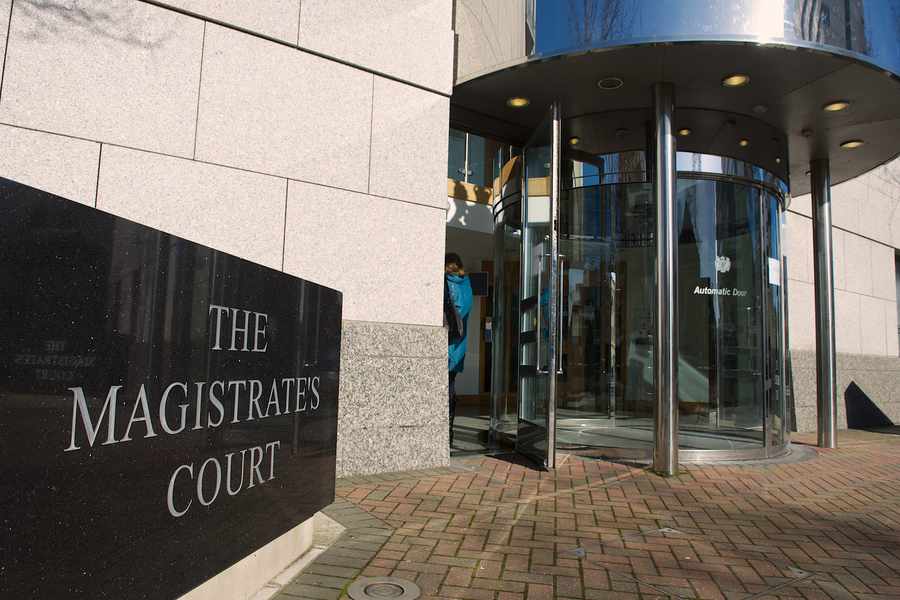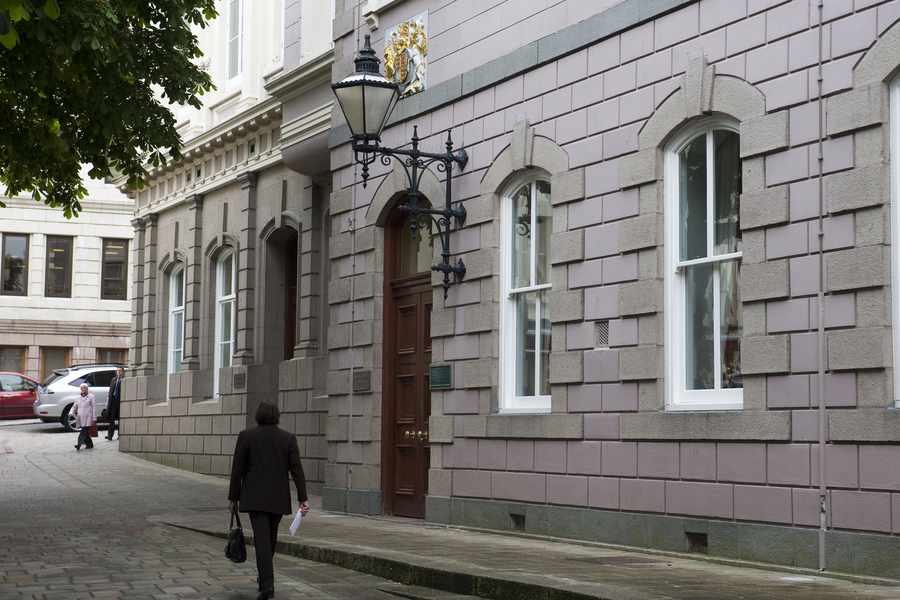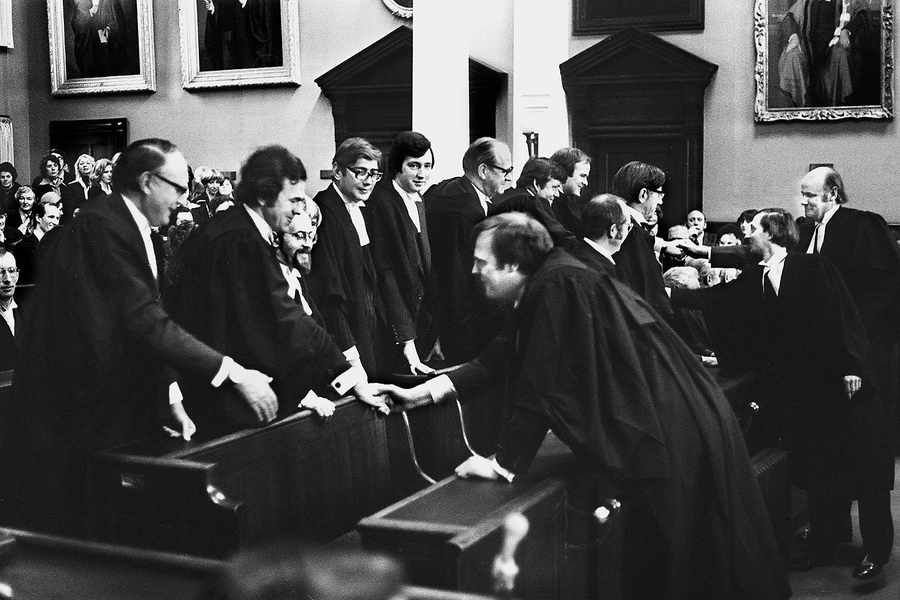Neville Benbow, the chief executive of the society, said the historic obligation for firms to provide free and discounted legal advice to Islanders who cannot afford representation, which dates back to 1771, should be changed to reflect 21st century society.
The scheme, which receives around 1,200 applications a year, is partly funded by the States. Last year the Judicial Greffe paid £50,000 towards administrative support, and a further £2.6 million towards civil, criminal and child care cases.
Part of this amount went to cover legal fees, charged at a discounted rate by law firms of between £150 and £200 per hour depending on the experience of the advocate.

However, Mr Benbow said the States contribution was a ‘drop in the ocean’ compared to the cost to the legal profession.
He said: ‘Jersey is the only jurisdiction where legal aid is not funded solely by the government. We estimate that the cost to the legal profession is between £7-£9 million pounds a year.
‘There is a significant burden on the legal profession. They make an extraordinary public contribution and I believe that now is the time for reform. However, the profession remains committed to the principle of providing legal aid to people who cannot afford it.’

In her role as acting Bâtonnier, Advocate Dionne Gilbert is in charge of administering the legal aid scheme in the Island. She agrees that changes need to be made to reflect modern times.
She said that family cases were more complex and took up more time than they did in the past, with Jersey’s high divorce rate leading to court disputes over access to children and whether they should live in the Island or elsewhere.
She said: ‘It is clear to us that the legal aid system was designed for a different environment and it merits a careful review as it has become in-balanced.’
Mr Benbow said the Law Society had embarked on a comprehensive review of legal aid, in order to ‘develop a sustainable model’ for the future.

He said: ‘We have to ensure it fits the needs of Jersey in the 21st century. An independent study by KPMG found that Jersey advocates spent 45,600 hours providing legal aid in 2013. This is an extraordinary commitment.
‘The burden is shared among 43 law firms in Jersey, of which 17 are sole traders. This creates a burden on advocates wishing to set up on their own.’
‘What we want is a system that is sustainable for Jersey, and on which is fair both to the lawyers and to the people who use the service.’

In 2014, The Law Society made a number of submissions to a consultation on legal aid.
One of them was a suggestion that a fully or partially States-funded scheme would encourage more lawyers to specialise in areas such as family law and crime, where the greatest number of legal aid type cases arise.
The society also suggested that a public defender’s office could be set up to handle criminal cases.
If that happened, it would meet criteria laid down under European human rights legislation.
The society said such an office could be funded by the States and be manned by Jersey lawyers. It could also function alongside a separate non-criminal legal aid system.
Although there would be a cost to the taxpayer, admits the society, defendants would get the right type of representation.
It was also suggested that lawyers could be employed full-time or work on secondment from firms.






